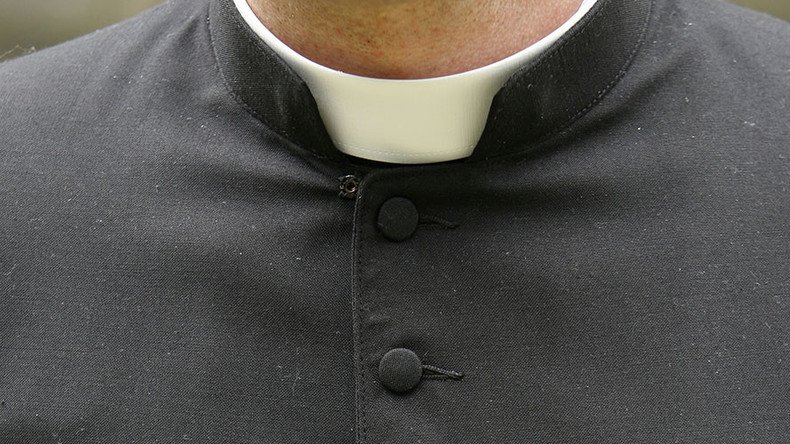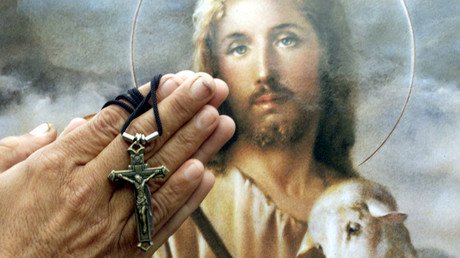Christian exorcisms on the rise, threaten mental health – report

Christian exorcisms have seen an “astonishing” increase over the last few years, religious think tank Theos has said following the publication of a new report.
The rise is in part driven by the growth of certain migrant communities and Pentecostal churches, for which the practice is common.
“Exorcisms are now a booming industry in the UK, with a number of interviewees noting the astonishing increase in demand – often, as one noted, in defiance of any actual rules or procedures put in place by any church,” the report, titled Christianity and Mental Health, reads.
“There are potential dangers to this: without discounting the possibility of demonic possession, the perspective of several Christians working in the mental health sphere said that, in the vast majority of cases, the person in question was suffering with mental health issues which required psychiatric assistance.”
Exorcisms are often requested by churchgoers who believe they have been cursed or that they, their loved ones or their possessions have been taken over by a demon or evil spirit.
Researchers are now worried that the Anglican Church is now embracing the practice and neglecting the mental health needs of its faithful.
“There has been an increased focus in the Anglican Church on exorcisms, and partially that’s in response to increased demand. They have been getting more and more people calling them saying there's demand for this,” the report’s author, Ben Ryan, said.
“Outside the established church, there’s a huge increase which you can see with your own eyes. If you walk down the Old Kent Road [in London] there are flyers and stickers everywhere.”
Exorcism is only part of a question about how Church responds to mental health, confident of its own ground and mindful of sufferers needs https://t.co/lFLtVVnVDl
— Ben Ryan (@BenedictWRyan) 5 July 2017
A spokesman for the Church of England, however, assured the public it “takes deliverance ministry very seriously and treats each case in a pastoral and private way. Any case would be dealt with locally through the diocese.
“Our guidelines state that particular caution needs to be exercised, especially when ministering to someone who is in a distressed or disturbed state.”













